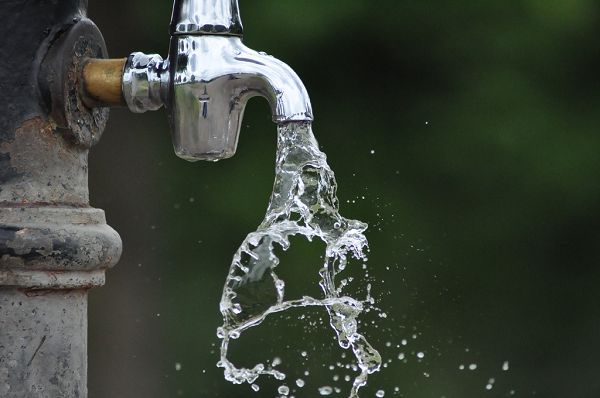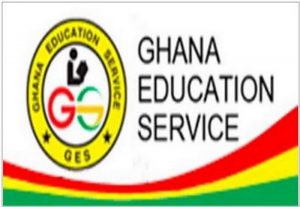Management of the Ghana Water Company Limited (GWCL) has refuted claims that it overcharges customers who endure inconsistent water supply.
The company says its meter and estimate billing systems have been fair to users since they basically bill customers based on consumption levels or under special arrangements with the water distribution provider.
This explanation follows concerns raised by frustrated customers who claim that they continue to receive outrageous monthly bills from the water company although the taps in their homes hardly flow.
The situation has created tension between tenants and homeowners, especially in urban centres such as Accra.
However, speaking on the Citi Breakfast Show on Wednesday, Head of Communication at the GWCL, Stanley Martey tried to explain why customers are billed in such circumstances but added that “nobody can assume that GWCL is unnecessarily billing him or her”.
“We bill our customers based on their consumption that runs through their meters. If water doesn’t flow through your meter, you wouldn’t be billed, or you will receive your bill but with no consumption. If you have water flowing for four days, we will read your consumption for four days and that will be what you will be billed for”, he stressed.
For customers who depend on the estimated mode of water usage, Mr. Martey said the issuance of monthly bills to such customers is also justified.
“We also bill based on estimates. We are trying to move from that into the meter all-round customers. But if you are billed on estimates, whether the water flows or not, you will be billed with that estimate.”
“There are days you use more than your estimate, but you don’t complain. If you are not comfortable with the estimate, write to the GWCL to be given a meter, so you will be billed based on consumption”, Mr. Martey added.
Water extension
Meanwhile, some residents have lamented their inability to access water.
Residents of Abokobi-Purewater in the Ga East Municipality of the Greater Accra Region have, for instance, pooled resources to pay for water to be supplied to their area for about two years without success.
But, on the extension of water supply, Mr. Martey said his outfit needs to plan on how to extend water to more areas.
“In everything we do, we need to plan. There are development plans for the communities. That is what we look at before we extend water supply to some areas. We just don’t extend because there are budget implications. Every year we have to make projections and budget for the ensuing year.”
“So, if it is not within our budget, it becomes difficult. Already, we don’t have enough funds, how can we just extend? We have already said there is a gap between demand and supply in Accra. So the more we extend, the more we create problems for ourselves” he added.







